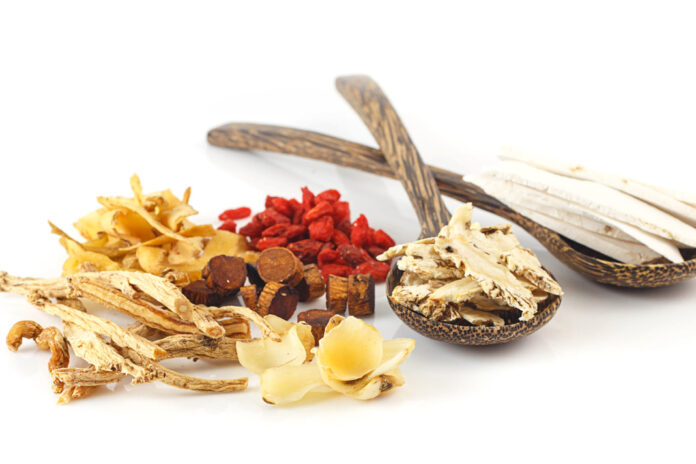
Huang qi, Echinacea, and Elderberry can be a help for easy for the Symptoms of COVID-19
By Namwook Cho L.Ac.
Acupuncture needles and herbs are good friends of acupuncturists as always.
And some of the herbs that have been used frequently for prescribing herbal formulas shown possibilities for reducing symptoms of COVID-19, according to a recent article from the ‘ConsumerLab.com.’
Vitamins and minerals that could help symptoms of COVID-19 were covered last month. For this month, Huang qi, Echinacea, and Elderberry will be included.
Historically, Huang qi has been used for the main ingredient for the common cold and flu formulas. Also, Echinacea and elderberry products are used for releasing cold or flu symptoms in the US.
Huang qi is an herb that has traditionally been used in Asian medicine to enhance Qi movements and to strengthen the body’s immune system. Notably, the herb took essential roles in the herbal formulas for cold symptoms. It could be purchased in powder, extract or tea, or formula in the US.
According to the ConsumerLab.com, “Laboratory and animal studies suggest polysaccharides, astragalosides and other compounds in astragalus increase the production of white blood cells, particularly T cells and macrophages, and other cells important for immune system function (Block, Integr Cancer Ther 2003).”
It has also been shown to have anti-inflammatory and anti-viral effects, including activity against a particular type of the Corona virus that commonly infects poultry (Jin, Int J Biol Macromol 2014; Zhang, Microb Pathog 2018). In China, astragalus, alone, and in combination with other herbs, has been suggested to potentially help prevent COVID-19 infections (Yang, Int J Biol Sci 2020).
Researchers have advised that a daily dose of 4 to 7 grams of root powder may be the best dosage for increasing macrophage activity. Although the herb has been proven partial effectiveness for enhancing the immune system, there are things you should be careful with taking it.
Due to its immune-stimulating effects, people with autoimmune disease and those taking immunosuppressant drugs (such as after organ transplantation) should not take astragalus.
Studies in laboratories (but not in people) have shown that certain species of echinacea may inhibit coronaviruses.
The ConsumerLab introduced a study, “laboratory study found that a particular branded form of echinacea inhibited specific coronaviruses, including (HCoV) 229E, MERS- and SARS-CoVs, and the researchers suggested it could potentially have a similar effect on SARS-CoV-2, the coronavirus that causes COVID-19, although it was not tested”.
Elderberry extract has been shown in laboratory studies to inhibit the replication and hemagglutination of human flu viruses, including certain strains of Influenza A and B, and H1N1.
Small, preliminary trials in people with the flu suggest that taken within the first day or so of experiencing symptoms, elderberry shortens the duration of the flu, but more studies are needed to corroborate this. There is no evidence that elderberry extract can prevent COVID-19 or reduce symptoms in people who have been infected.
There is a concern for the herb that can trigger a cytokine storm, which is an overreaction of the human immune system by producing a high level of cytokines and immune cells among some of the COVID-19 patients. (Mehta, Lancet 2020).
According to the site, “There is another study found an elderberry tincture decreased levels of inflammatory cytokines.” There do not appear to be studies on the effects of elderberry extract on cytokine levels in people with severe respiratory infections.





































